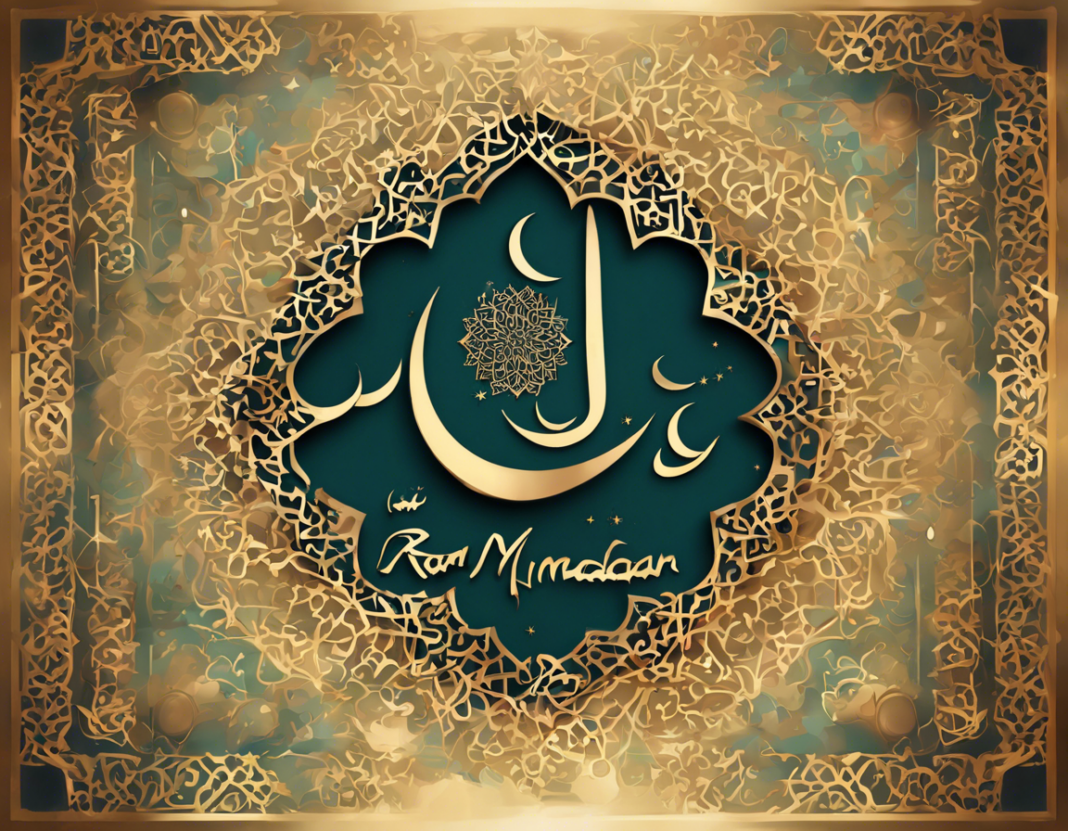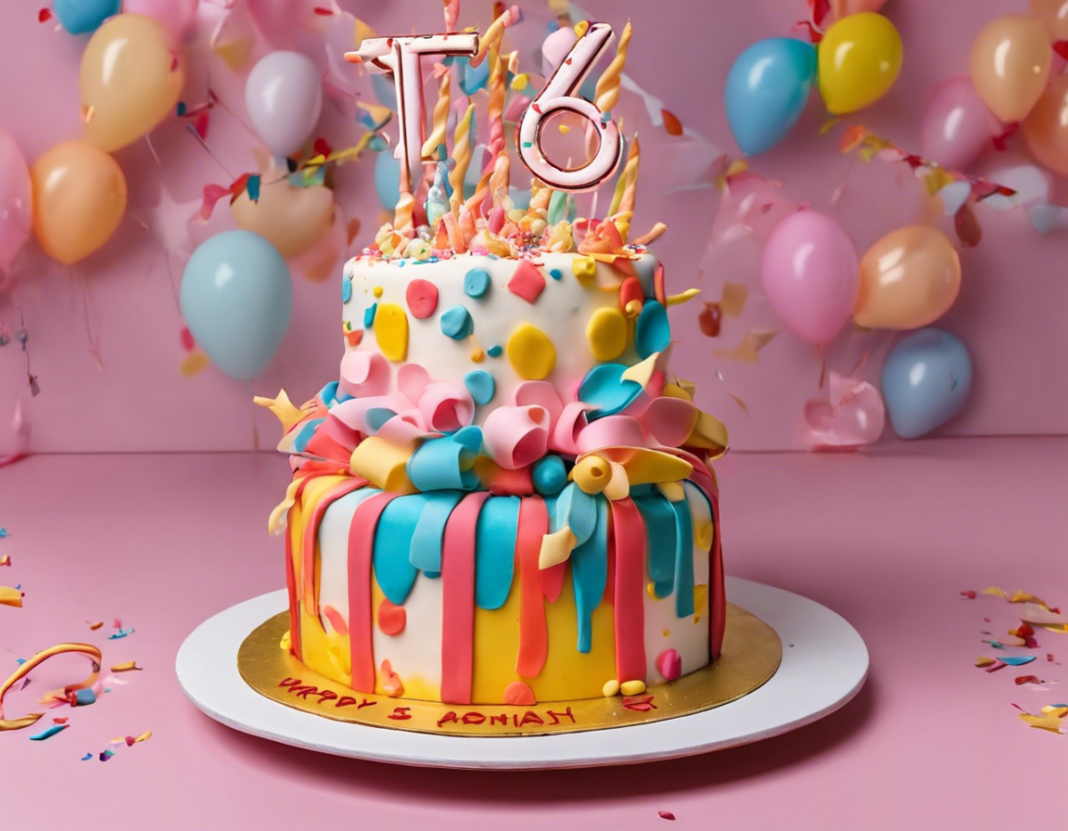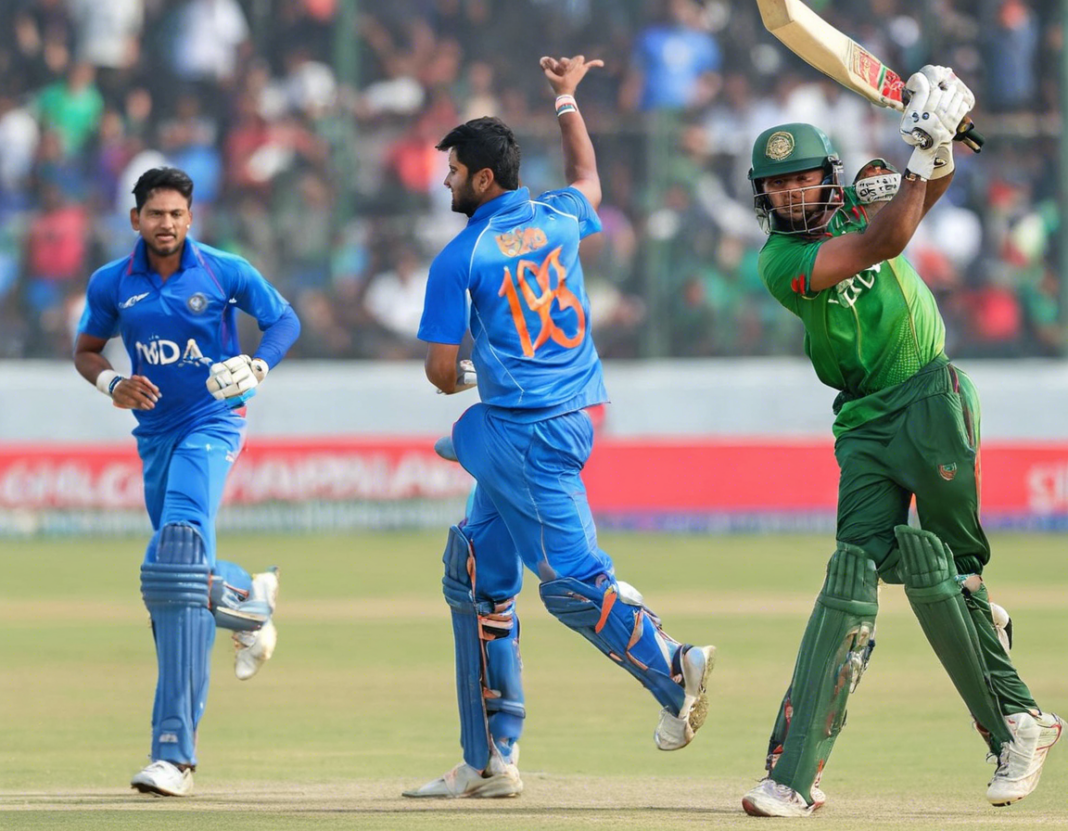The month of Ramadan is a sacred time observed by millions of Muslims around the world. It is a time of spiritual reflection, self-improvement, and increased devotion and worship. As the ninth month of the Islamic lunar calendar, Ramadan holds great significance for all those who observe it.
Ramadan Mubarak 2024: This phrase, often heard and exchanged during the month of Ramadan, is a greeting used to wish others a blessed Ramadan. “Ramadan Mubarak” translates to “Blessed Ramadan,” conveying good wishes and blessings for the sacred month ahead.
During Ramadan, Muslims fast from dawn until sunset, refraining from eating, drinking, smoking, and engaging in sinful behavior. The fast is not merely about abstaining from food and drink but also about cultivating self-discipline, empathy, and compassion for those less fortunate.
Importance of Ramadan: Ramadan is considered the holiest month in Islam, as it is believed to be the month in which the Quran, the holy book of Islam, was revealed to the Prophet Muhammad. Fasting during Ramadan is one of the Five Pillars of Islam and is obligatory for all adult Muslims, with certain exceptions for the elderly, pregnant women, nursing mothers, travelers, and those who are ill.
Spiritual Reflection and Connection: Ramadan is a time for increased prayer, recitation of the Quran, and acts of charity. It is a time for Muslims to deepen their spiritual connection with Allah, seek forgiveness for past sins, and strive to become better individuals in all aspects of life.
Community and Fellowship: Ramadan also fosters a sense of community and togetherness among Muslims. Families and friends come together to break their fasts each evening during iftar, sharing meals and prayers. Mosques host special nightly prayers called Taraweeh, where the entire Quran is recited over the course of the month.
Eid al-Fitr: The end of Ramadan is marked by the celebration of Eid al-Fitr, a festive holiday that begins with communal prayers at the mosque and is followed by feasting, gift-giving, and visiting friends and family. Eid al-Fitr is a time of joy and gratitude, as Muslims express thanks for the strength and guidance they received during the month of fasting.
Tips for a Blessed Ramadan: As Muslims embark on their Ramadan journey, here are some tips to help make the most of this sacred month:
1. Intention: Begin each day with a sincere intention to fast for the sake of Allah and to seek His pleasure and forgiveness.
2. Suhoor and Iftar: Start your fast with a nutritious pre-dawn meal (suhoor) to sustain you throughout the day, and break your fast at sunset with dates and water before proceeding to the main meal (iftar).
3. Quran Recitation: Allocate time each day to recite and reflect on the Quran, aiming to complete its recitation at least once during the month.
4. Charity: Actively seek opportunities to give to those in need, whether through monetary donations, volunteering, or performing acts of kindness.
5. Patience and Gratitude: Practice patience during the long days of fasting and express gratitude for the blessings in your life.
6. Dua (Supplication): Utilize the moments before iftar to make heartfelt prayers and supplications, as they are highly encouraged during Ramadan.
Frequently Asked Questions (FAQs)
1. Can I fast during Ramadan if I am pregnant or nursing?
Pregnant and nursing women are exempt from fasting if it poses a risk to their health or the health of their child. They can make up for missed fasts at a later date or feed a needy person for each day missed.
2. What if I accidentally eat or drink during the fast?
Accidentally eating or drinking during the fast does not invalidate it, but one should immediately stop upon realizing the mistake and continue with the fast as normal.
3. Can children participate in fasting during Ramadan?
Fasting is not obligatory for children who have not reached puberty. However, some children may wish to practice fasting for part of the day to gradually build their stamina.
4. Are there any specific foods that are recommended for suhoor and iftar?
It is recommended to consume foods that are rich in complex carbohydrates, protein, and fiber for suhoor to provide lasting energy throughout the day. Dates and water are traditional foods for breaking the fast at iftar due to their quick and nutritious properties.
5. How can I best support my Muslim friends or colleagues during Ramadan?
Show understanding and respect for their observance of fasting and prayer by being mindful when scheduling meals or events. Consider joining them for iftar or offering to assist with acts of charity during the month.
6. What is Laylat al-Qadr and why is it significant during Ramadan?
Laylat al-Qadr, also known as the Night of Decree, is considered the holiest night of the year and is believed to be when the Quran was first revealed. It falls within the last ten nights of Ramadan, and worship during this night is said to be equivalent to a thousand months of devotion.
7. Can I continue to exercise during Ramadan while fasting?
Moderate exercise is permissible during Ramadan, but it is important to listen to your body and not overexert yourself, especially while fasting. Consider scheduling your workouts before iftar or after suhoor for optimal energy levels.
8. How can I make the most of the last ten nights of Ramadan?
The last ten nights of Ramadan are particularly special, with Laylat al-Qadr potentially falling within this period. Increase your acts of worship, such as reciting the Quran, making dua, and engaging in extra prayers to maximize the blessings of this sacred time.
9. Is it permissible to travel during Ramadan?
Traveling during Ramadan is allowed, but one must consider how it may affect their ability to observe fasting and prayers. Travelers have the option to either fast or make up for missed fasts at a later time, depending on their circumstances.
10. How can I maintain a positive mindset and motivation throughout Ramadan?
Stay connected to the community, engage in acts of worship with sincerity, and remind yourself of the spiritual rewards and blessings that come with observing Ramadan. Setting specific goals for self-improvement and seeking knowledge about the significance of the month can help maintain motivation and enthusiasm.
In conclusion, Ramadan Mubarak is not just a greeting but a reflection of the blessings and spiritual opportunities that come with the holy month of Ramadan. By observing fasting, engaging in acts of charity, increasing devotion, and seeking to improve oneself, Muslims can make the most of this sacred time and draw closer to Allah. May this Ramadan be a source of strength, peace, and blessings for all those who observe it.


